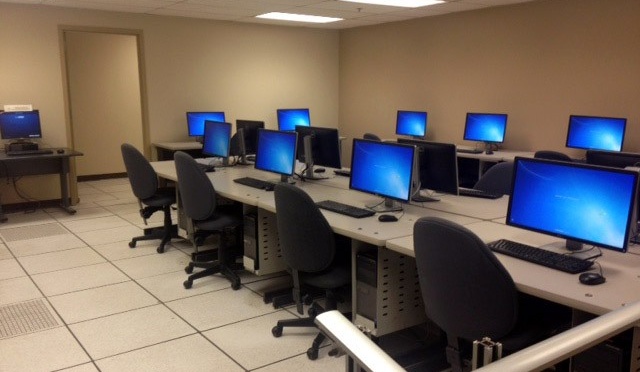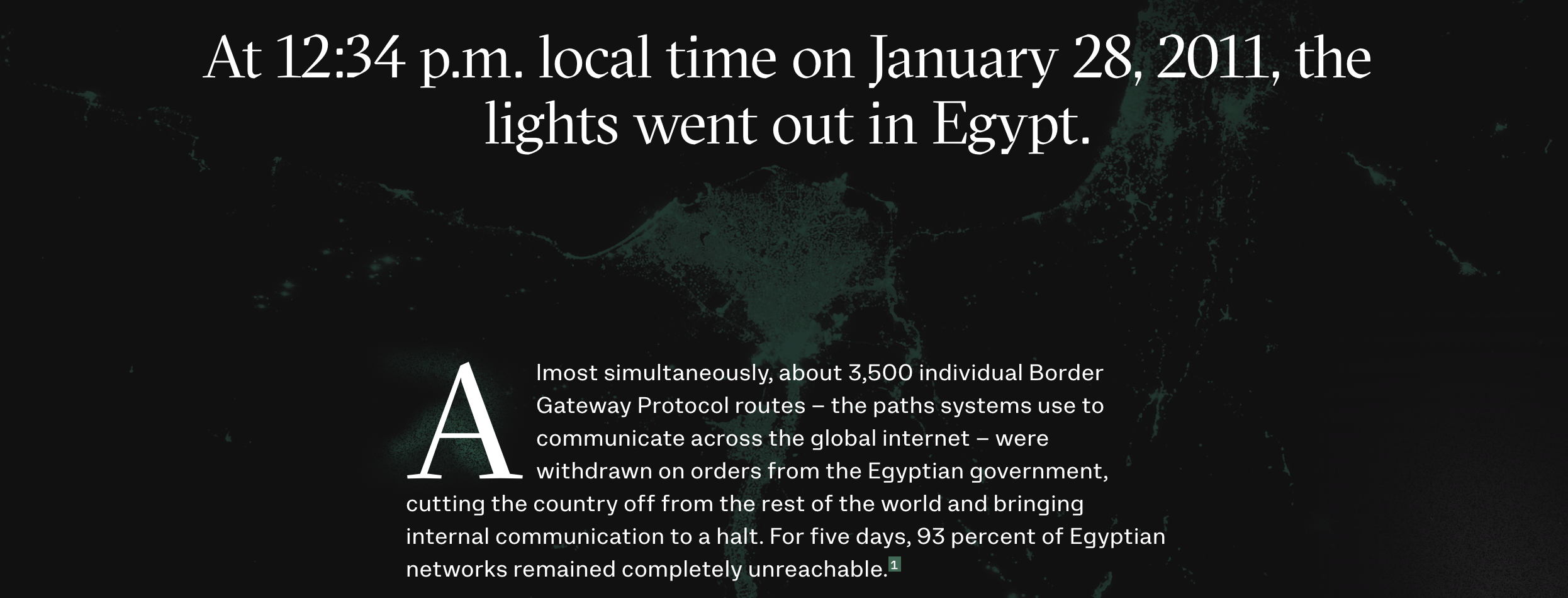The web does not exist in 1984.
Published on 2021/10/14
To start off, yes, the web existed in the year of 1984. The 1984 I am discussing is one that is far more sinister. If you haven't read it yourself or don't have that one friend that insists we are already living in it, 1984 is also a dystopian science fiction novel by George Orwell. The themes it discusses however are ones that are far from fiction in the modern day.
What is 1984?
1984 is often cited as a textbook example of how totalitarianism comes to power through written word and social engineering. A recurring theme in the book is the selective removal of unwanted knowledge by the central authority figure coupled with constant surveillance to continue 'weeding out' information that is unneeded by the authorities.

While totalitarian regimes are not unheard of, the medium in which these regimes now control today is of great concern. The web, a place where many people use it as a place of research, work, communication, entertainment, and many things more is more important than many of us want to realize.
The source of all information
While some people say having access to the web is a trivial concept, this is by far undervaluing the information made accessible through us on demand.
Before the rise of the web, most information available to a commoner would be through printed books, tv, or radio. Considering how many of these sources can tend to be biased(besides books, but those are physical objects that can be confiscated or burned), the web is somewhat of a common ground for all ideologies. While I don't believe the web should be a safe-haven for hate groups, it has been since its conception that for the most part, the web is an unfiltered place for information to exist; in many ways it is the modern version of the Wild West.

Chances are if you grew up in the 90's or later, you have had access to a computer most of your life. You probably did schoolwork on a computer(possibly even got your own school laptop at some point), found & applied to jobs on a computer, and remained in touch with family during the course of the pandemic.
We may take things such as these for granted, but these are significant factors that play into our quality of life and without them, it's hard for many to picture what these outcomes would have resulted in otherwise.
Silence is a weapon
The fragility of the web is far more prevalent than ever before. The Internet Archive has many valid statements around the issues the modern web faces:
"The so-called balkanization of the internet isn't just a theoretical problem for the Internet Archive. If internet firewalls stay up in China, Iran and Russia, new content continues to move mostly behind paywalls and passwords, and U.S. political leaders decide it's finally time for Section 230 to go, the crawlers whose simple formulas have preserved the last few decades for future historians might not do the same..." - Internet Archive
Besides the issues with future laws affecting the web, existing content is also a constant battle for the truth. Many often turn to the web first for their source of news, yet it is easier to find laws rather than truth:
"What does it mean for society when the New York Times, the New Yorker, the Washington Post, the Financial Times all have paywalls, while Breitbart, Fox News, the Washington Examiner, and InfoWars are an easy click away? Nathan J. Robinson writes, "it costs time and money to access a lot of true and important information, while a lot of bullshit is completely free." - Internet Archive
In addition to the lack of truth being available, it's also convenient to start blasting misinformation or in some cases disrupt the web completely around election time:
"The past few years have seen the rise of a trend that is eroding democracy: internet shutdowns during elections. These intentional disruptions, usually ordered by a government actor, vary from total blackouts to targeting specific networks or services like WhatsApp and Twitter." - Internet Archive
The worst fears many have over the victory of misinformation and/or complete removal of the truth is not science fiction nor is it an impending danger, it is on our doorstep knocking.
This future is becoming a reality

Internet blackouts are not fiction; they have been happening for almost a decade. Many countries including Bangladesh, the Democratic Republic of Congo, Egypt, India, Indonesia, Iran, Iraq, Sudan, Myanmar and Zimbabwe are just to start. There is also other countries(most notably China) who restrict access via a national firewall, often cutting off any non state-conforming opinion for users of the web in said countries.
In America, the current discussion of our own freedoms is commonly brought up with section 230, a law that centers around liability for content posted online. The debate goes in circles about whom, whether company, or the state, has the right to censor or gather information on these users. The fate of this law changing is pretty much a guaranteed bipartisan bet, but the consequences of changing this single law could cause a cascade of unfortunate events to follow.
How do you get involved?
While you don't have to grab you pitchfork and go out onto the streets today, it is important to stay vigilant on political interaction with anything tech knowing their expansive knowledge of said subject.
If you are interested in more about the changing tide of the web, the Internet Archive, which I previously mentioned, but you might know better by their tool, the Internet Wayback Machine, have a started a campaign called #EmpoweringLibraries. The goal of this campaign is to both make aware of the issues I've discussed so far and allowing public libraries to digitize their collections. The public library has long been referred to as a safe-haven of free knowledge and by allowing to expand this collection onto the web, they advocate for the accessibility of knowledge as well as make clear the importance of the web as a tool available to everyone.
The web might be one of the most significant innovations of the 21st century. To argue that itself or access to it are trivial is a huge oversight over its significance not only for individuals, but pretty much any organization profit/non-profits alike, education, healthcare, government bodies and general communication. To reiterate, when people like this are deciding the future of the web: